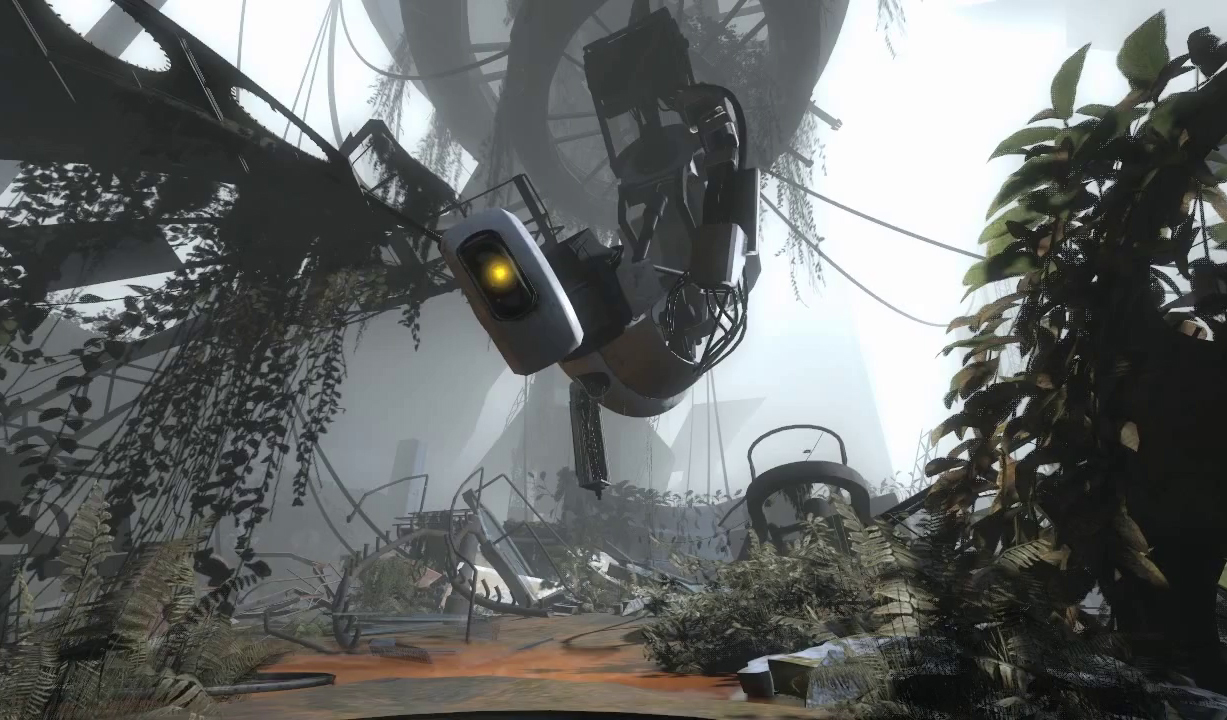Code and Forget, Code and Forget
We build our computers the way we build our cities - over time, without a plan, on top of ruins.
I wanted to share this beautiful piece of writing from Ellen Ullman’s biography, Life in Code.
I used to pass by a large computer system with the feeling that it represented the summed-up knowledge of human beings. It reassured me to think of all those programs as a kind of library in which our understanding of the world was recorded in intricate and exquisite detail. I managed to hold on to this comforting belief even in the face of years in the programming business, where I learned from the beginning what a hard time we programmers have in maintaining our own code, let along understanding programs written and and modified over years by untold numbers of other programmers. Programmers come and go; the core group that once understood the issues has written the code and moved on; new programmers have come, left their bit of understanding in the code, and moved on in turn. Eventually no one individual or group knows the full range of the problem behind the program, the solutions we chose, the ones we rejected and why.

Over time, the only representation of the original knowledge becomes the code itself, which by now is something we can run but not exactly understand. It has become a process, something we can operate but no longer rethink deeply. When knowledge passes into code it changes state; like water turned to ice, it becomes a new thing, with new properties. We use it; but in a human sense we no longer know it.

The year-2000 problem is an example on a vast scale of knowledge disappearing into code. And the soon-to-fail national air-traffic-control system is but one stark instance of how computerized expertise can be lost. In March 1998, The New York Times reported that IBM had told the Federal Aviation Administration that, come the millennium, the existing system would stop functioning reliably. IBM’s advice was to replace the system completely, because, they said, there was “no one left who understands the inner workings of the host computer.”
No one left who understands. Air-traffic control systems, bookkeeping, drafting, circuit design, spelling, assembly lines, ordering systems, network communications, rocket launchers, atom-bomb silos, electric generators, operating systems, fuel injectors, CAT scans - an exploding list of subjects, objects, and processes rushing into code which eventually will be left running without anyone left who understands them. A world floating atop a sea of programs we’ve come to rely on but no longer truly control. Code and forget, code and forget: programming as a collective exercise in incremental forgetting.
That’s a scary thought isn’t it? Back in grad school, I had a CS professor who would
fondly recount a story of a software engineer he used to work with at JPL. Although
a reknowned expert in flight software safety, she herself would refuse to ever
board a plane because she knew too much about the flaws and bugs in the system.
And that’s for software that is well-understood. What about all the forgotten,
abandoned code quietly running on machines day to day, that nobody remembers?
